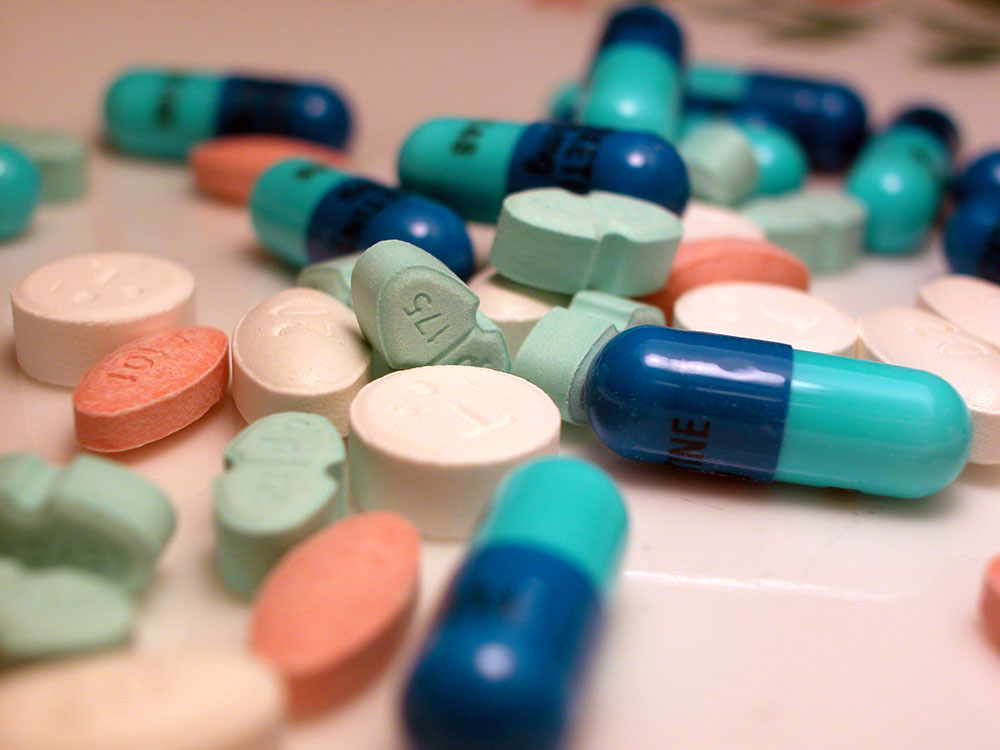Online BioPharma Professor Randall Tackett Weighs In On “Smart Pills”
Online BioPharma Professor Randall Tackett Weighs In On “Smart Pills”
 The CBS program “Limitless” is one of the hottest crime dramas on American television right now. Based on a movie of the same name, the series dramatizes what happens when the main character takes a pill that gives him access to every neuron in his brain. This allows him to recall every memory he has ever formed and temporarily makes him the smartest man in the world. Although the magical drug that Brian Finch takes is fictional, “smart pills” of a less spectacular variety are real. Cognition-enhancing stimulants such as Ritalin and Adderall are prescribed to help students who have attention deficit hyperactivity disorder and trouble focusing on their assignments. And for at least a decade, young professionals — seeking an edge in their competitive workplaces — have been using those same drugs to make their minds work a bit better. Sometimes they have prescriptions from a doctor.
The CBS program “Limitless” is one of the hottest crime dramas on American television right now. Based on a movie of the same name, the series dramatizes what happens when the main character takes a pill that gives him access to every neuron in his brain. This allows him to recall every memory he has ever formed and temporarily makes him the smartest man in the world. Although the magical drug that Brian Finch takes is fictional, “smart pills” of a less spectacular variety are real. Cognition-enhancing stimulants such as Ritalin and Adderall are prescribed to help students who have attention deficit hyperactivity disorder and trouble focusing on their assignments. And for at least a decade, young professionals — seeking an edge in their competitive workplaces — have been using those same drugs to make their minds work a bit better. Sometimes they have prescriptions from a doctor.
Inderal and other beta blockers — mainstays of hypertension treatment — have the additional benefit of taking the edge off stage jitters when used in low doses. And drugs that keep tired people alert, notably Provigil, have long been used by military personnel on long missions. There’s no doubt that these and other smart pills are being used, legally or otherwise, by people who have no approved medical need to take them. That raises questions, both medical and ethical, about the risks associated with using medications in such a way.
Dr. Randall Tackett, a pharmacy professor at the University of Georgia, and a professor in the online BioPharma Regulatory Affairs degree program feels the risks and potential side effects make the misuse of prescription unjustified. “The real issue that you worry about with these drugs, when you’re not really treating a disease state, is that every drug you take basically carries a risk with it,” Tackett said. “Any time that you are taking a drug, one of the things that a doctor should be doing is determining whether the benefits of the drug outweigh the disease. And if you don’t have a disease, then you may possibly be taking a risk with these drugs.”
The bottom line is, “There is no such thing as any substance without a side effect,” said Tackett. And he added, “No one should be taking any of these prescription drugs without the supervision of a physician.”
UGA pharmacy professor Merrill Norton says people who can’t get the prescription drugs through proper channels, or can’t afford to buy them on the street, often try a cheap alternative. They head for the store to load up on energy drinks. Because these high-caffeine products are sold everywhere with no restrictions, people assume they’re harmless. “I don’t really criticize the public for what they do with the consumption,” said Norton. “Because they think, ‘Well, they’re next to the Cokes and they’re the same as coffee.’ And we treat those things as being very safe. It’s the amount that they consume.” Norton cautions against consuming more than 400 milligrams of caffeine per day, the equivalent of two 1.9-oz. shot drinks made by 5-hour ENERGY.
When it comes to taking smart pills, Norton agrees with Tackett. “As far as ethics? No. It’s not ethical; it’s actually illegal,” Norton said of taking such a pill without a medical justification. “It’s not something that you want to do, especially when it comes to self-medication.” Regardless of whether unsupervised use of smart pills is safe or ethical, they’re probably here to stay. “We live in a chemical culture,” Norton said, “so people use just about anything to make their performance better.”
